Iran (IMNA) - With a reported 700 diagnosed cases of EB throughout the country, experts estimate that there may actually be around 1,200 individuals in Iran grappling with this debilitating condition. Known as "butterflies" due to the delicate nature of their skin, these patients face immense challenges. Even the slightest friction can lead to excruciating blisters, necessitating the urgent use of specialized bandages.
Unfortunately, the stringent financial sanctions have disrupted the import and distribution of these critical supplies, leaving EB patients in Iran vulnerable and desperate. Despite the exemption of medicine from the sanctions, the intricate logistics and financial intricacies involved in the trade have made it increasingly difficult for healthcare providers to access the necessary resources. Consequently, patients are enduring unnecessary suffering, their quality of life significantly diminished.
The international community has voiced concerns over the unintended consequences of these sanctions, urging for measures to ensure the unhindered flow of life-saving medicines. As the situation for EB patients in Iran worsens, urgent attention and action are required to alleviate their suffering and prevent further deterioration of their condition.
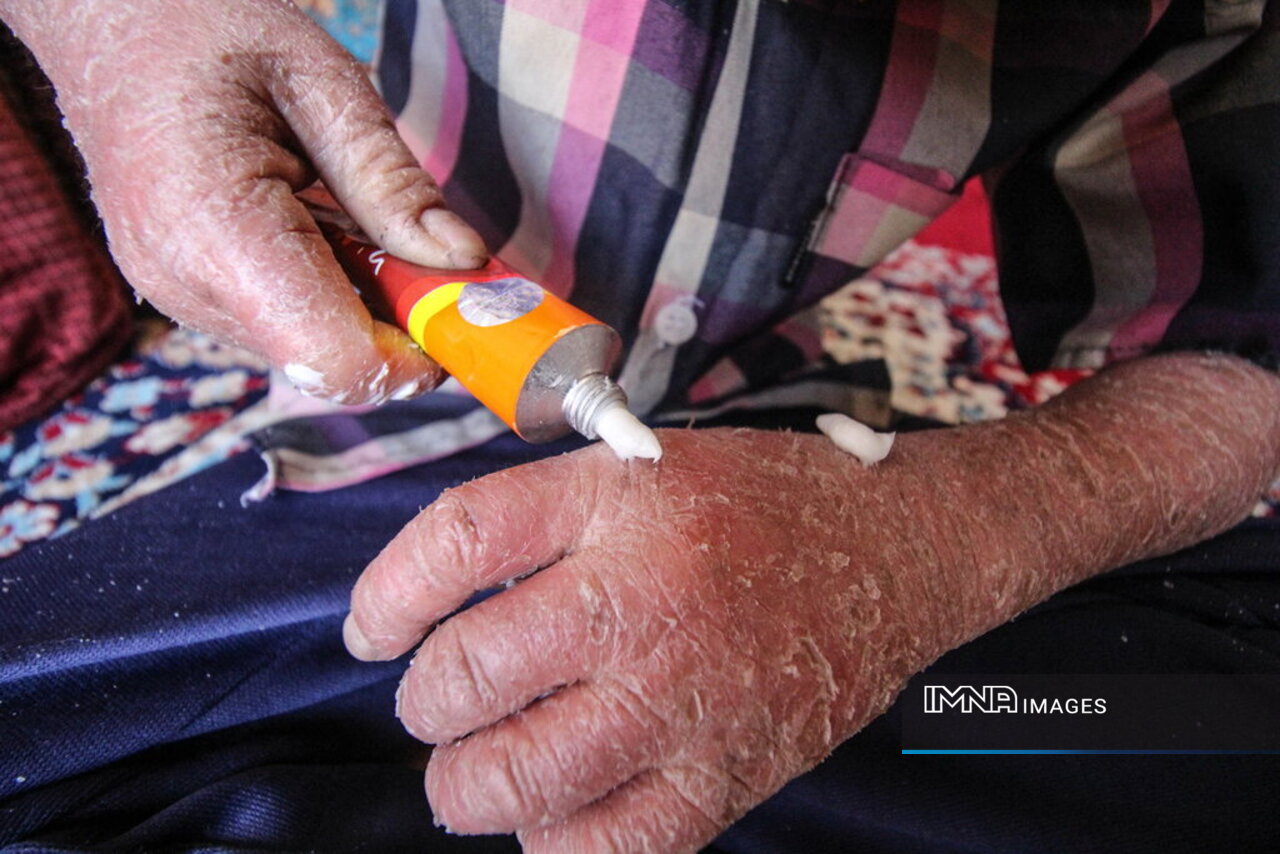
Swedish Company's Refusal to Trade Medical Dressings Leads to Tragic Death of Two-Year-Old Iranian Girl
Exemptions for humanitarian trade, aimed at ensuring access to essential goods like food, medicine, and medical equipment, have proven ineffective in safeguarding the health of Iranian patients. Recent events have highlighted this issue, as a Swedish medical product company, Molnlycke Health Care, refused to trade Mepilex dressings with Iran due to fears of American sanctions.
Tragically, this refusal had devastating consequences for a two-year-old girl named Ava in Ahvaz city. Without access to these vital dressings, which are crucial for the treatment of patients with Epidermolysis Bullosa (EB), Ava's condition deteriorated rapidly. Despite efforts by local healthcare professionals, her life could not be saved.
The heart-wrenching death of Ava has garnered international attention, prompting various responses. The United States Ambassador to the United Nations, expressing condolences during a Security Council meeting on December 19, acknowledged the tragedy and emphasized the need to address the challenges faced by vulnerable populations in Iran.
This incident serves as a somber reminder of the far-reaching impact of economic sanctions on innocent lives, particularly in the realm of healthcare. The international community must come together to find effective solutions that ensure the availability of essential medical supplies for those in need, regardless of political circumstances.
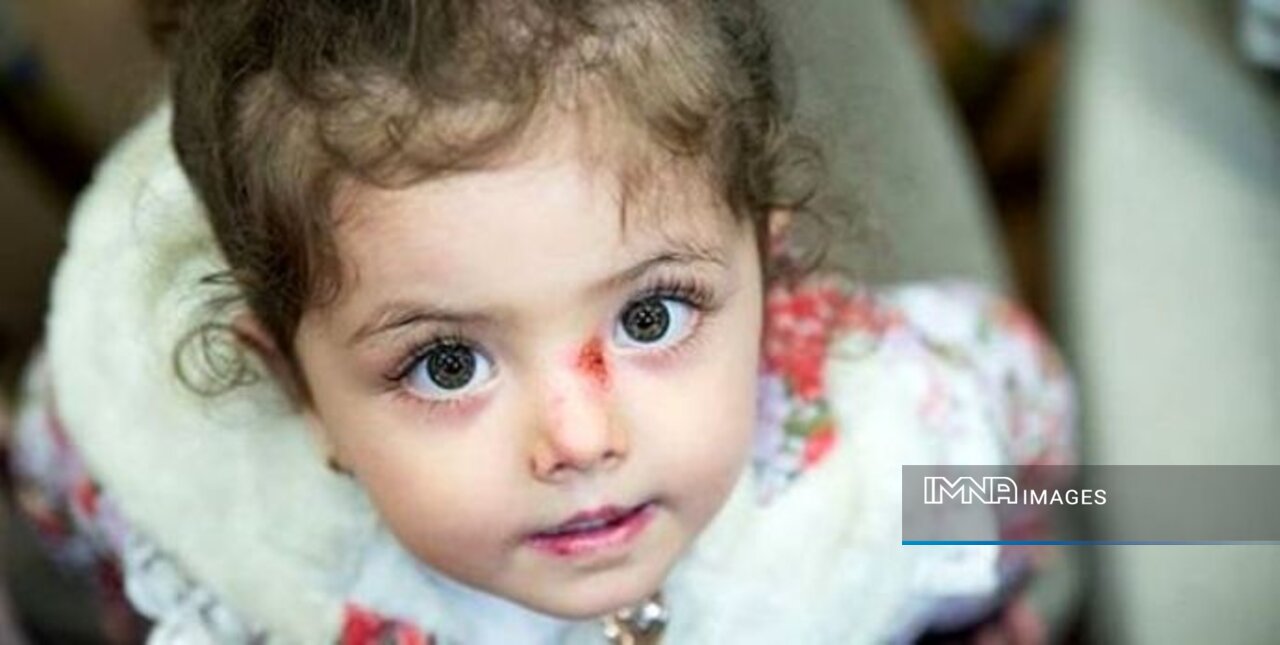
Government Spokesman Condemns Sanctions on Medical Supplies, Calls for Humanitarian Exemptions
In a recent statement, Ali Rabiei, the government spokesman, expressed deep concern over the deprivation of wound dressing for Ava, a patient affected by the sanctions. He revealed that Ava's condition may have been exacerbated by the deliberate targeting of patients through these measures.
Rabiei further criticized the labeling of every Iranian citizen as a terrorist and emphasized how this unfounded fear has permeated international banks, hindering ordinary transactions. He lamented the lack of a coherent sanctions strategy, emphasizing that it demonstrates a disregard for the pain and suffering experienced by Iranian citizens.
Adding to the growing chorus of voices opposing such practices, Seyyed Hamid Reza Hashemi Golpaygani, the head of EB Health House, asserted that food and medicine should never be included in the list of sanctions. As an advocacy group, they have consistently objected to the unilateral ban imposed by the United States on medicine.
The statements from both Rabiei and Golpaygani highlight the urgent need for humanitarian goods to be exempted from sanctions. The well-being and health of individuals should not be compromised for political reasons.
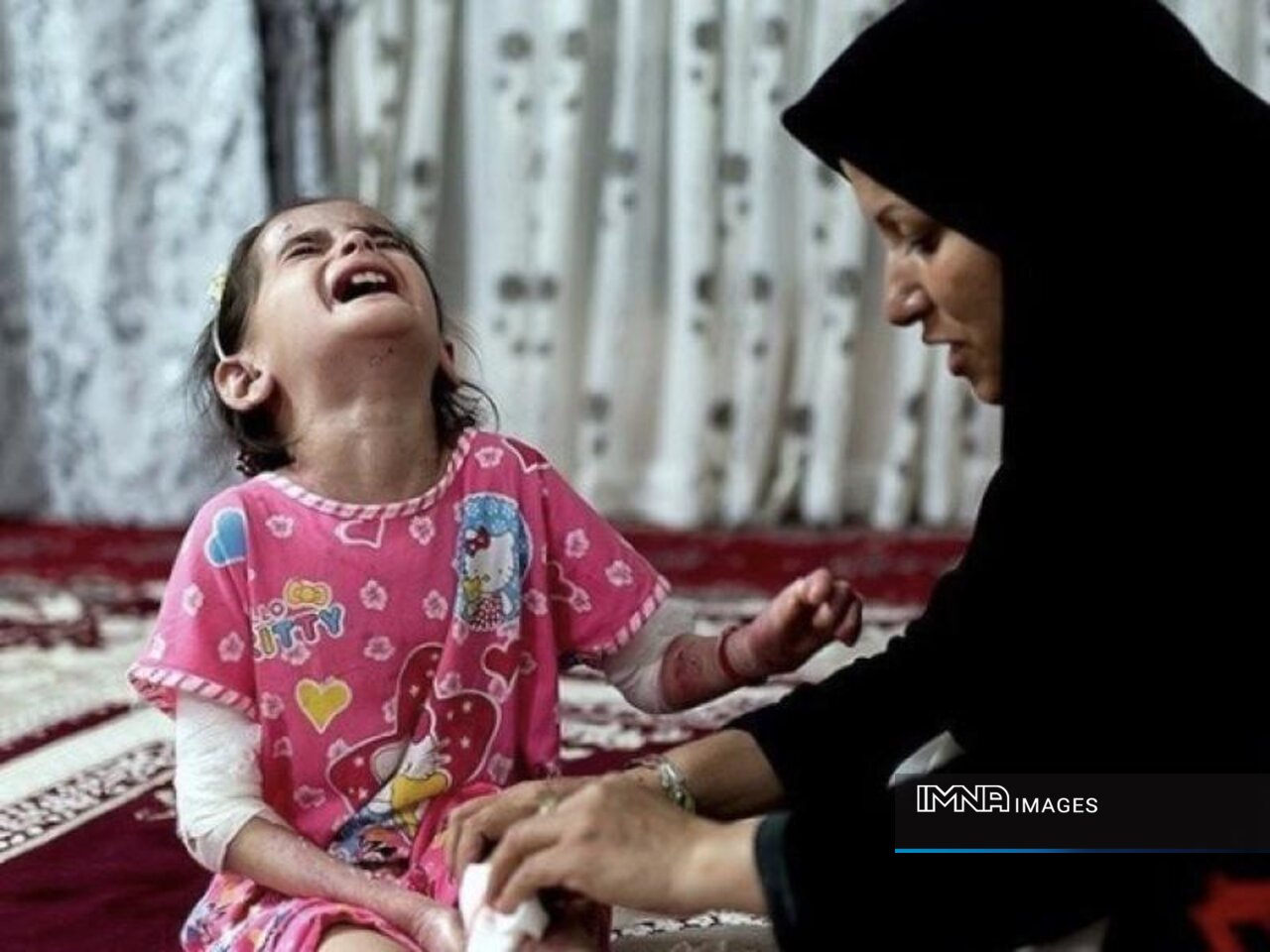
Devastating Impact of Sanctions on Access to Wound Dressing for EB Patients
In the past few years, obtaining wound dressing for patients with Epidermolysis Bullosa (EB) was relatively easier. However, the return of sanctions has created significant obstacles, leading to tragic consequences. Over a span of one year (May 2018-May 2029), fifteen patients under the care of EB Health House have lost their lives, including Ava, who succumbed to infection and inadequate skin care.
Expressing his grief, the spokesperson for EB Health House stated, "We raised this issue with a Swedish company, but despite their knowledge of our NGO's mission to assist EB patients, they refused to continue trading due to the imposed sanctions."
The spokesperson further emphasized the urgent need for reconsideration by European and American authorities regarding humanitarian trade. Without a change in their stance, the lives of more EB patients, often infants and children in critical condition, will be at risk due to the scarcity of essential dressings.
Tragically, just three days ago, we mourned the loss of Ali Akbar Khorshidi, an eight-day-old baby boy from Qom. His demise was attributed to the debilitating effects of the sanctions, resulting in a shortage of vital medications and dressings.
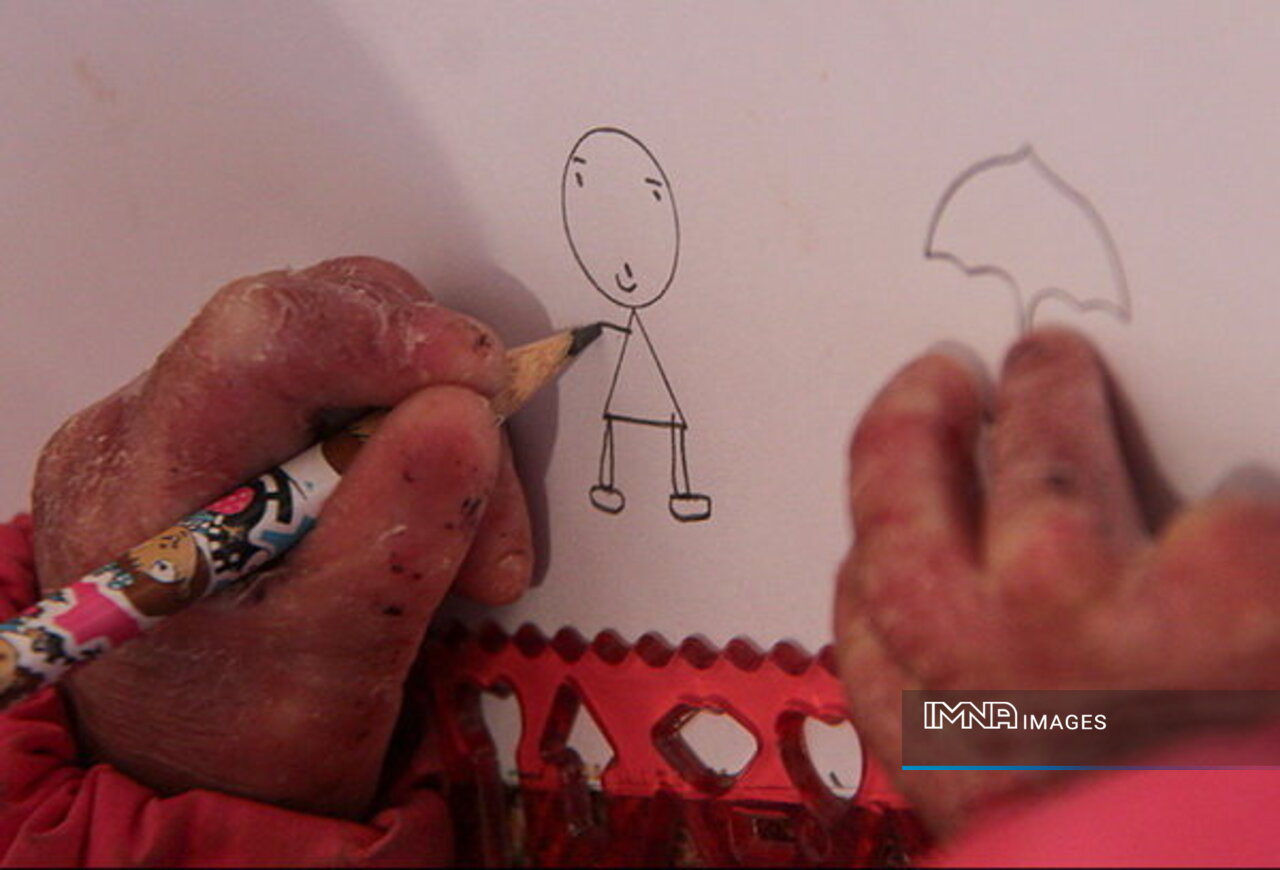
Proposed Solutions to Address the Endangerment of Lives and Access to Medicines in Iran
In recent news, concerns have been raised regarding the detrimental impact of overboard sanctions on the Iranian economy. However, the repercussions extend beyond the realm of finance, directly affecting the right to health of the Iranian population. This is primarily due to the limitation of access to life-saving medicines.
Recognizing the urgency of this issue, experts and advocates have proposed potential solutions to alleviate the suffering of oppressed individuals afflicted with rare diseases. One viable approach could involve the appointment or establishment of financial institutions within the country. These institutions would be granted permission to engage in international transactions specifically for humanitarian or educational purposes.
Another alternative worth considering is the designation of a third-country banking system to facilitate similar transactions. Under strict supervision and in compliance with regulations, this system would enable the seamless flow of funds for medical purposes, thereby mitigating the adverse impact on the lives of those in need.
These proposed solutions not only prioritize the well-being of individuals facing severe health challenges but also aim to address the broader issue of endangering people's lives. By implementing such measures, the international community can work towards ensuring equitable access to life-saving medications and safeguarding the fundamental right to health for all.
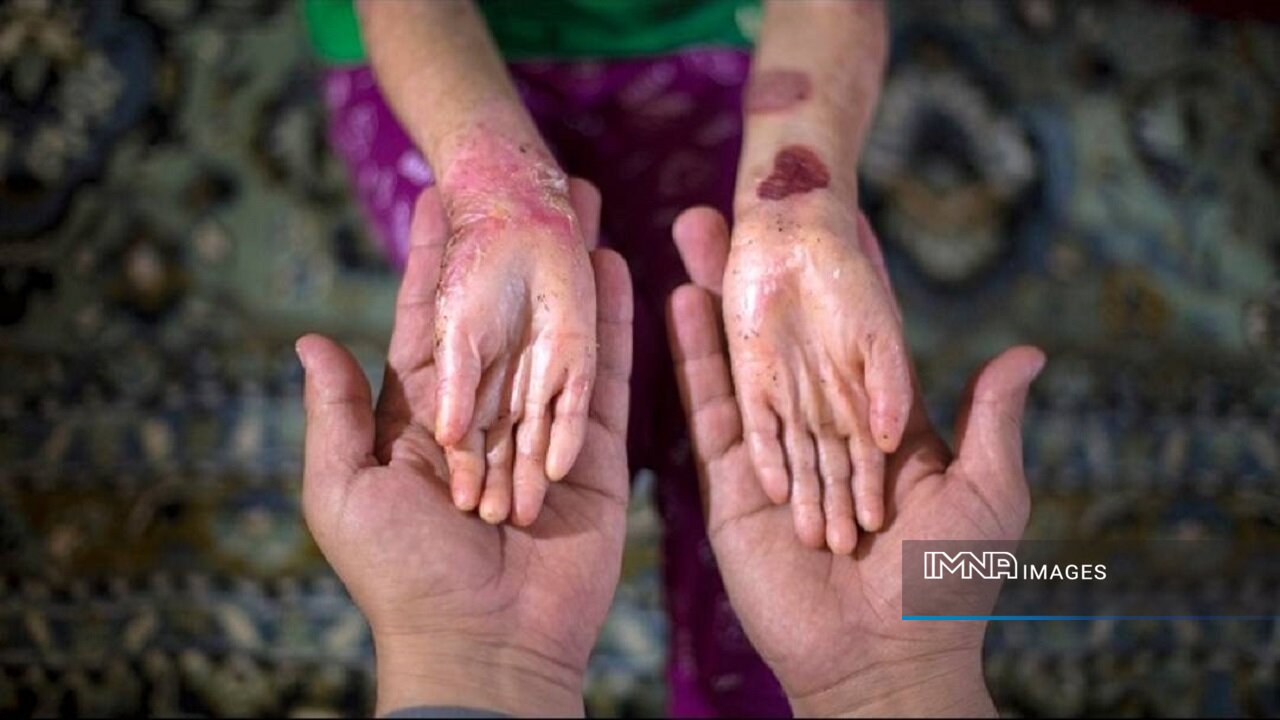


Your Comment